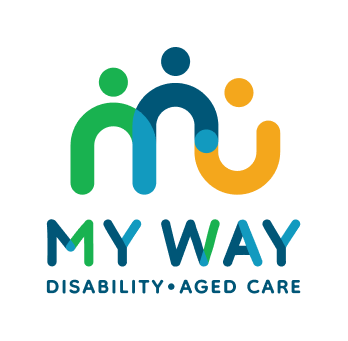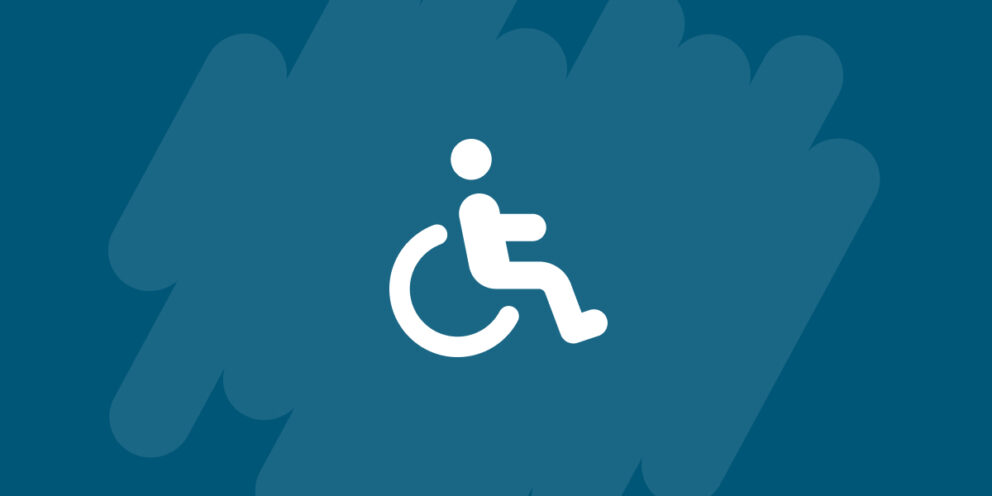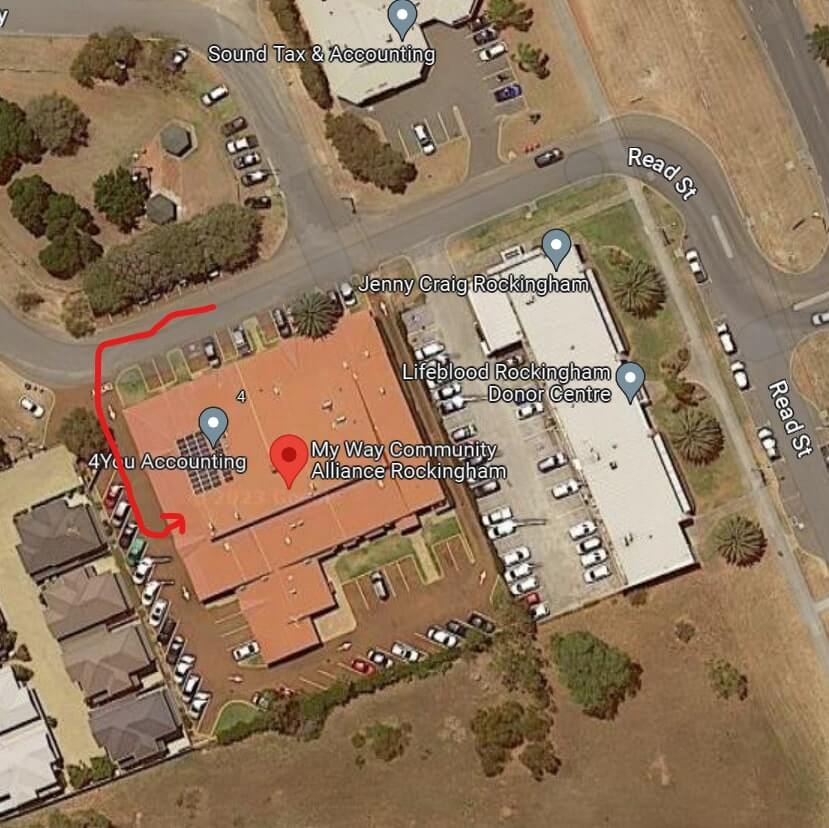Pressure injuries, often known as pressure sores, are a common risk for NDIS participants who are less mobile. Whether you spend extended periods in bed or a wheelchair, these injuries can develop and quickly worsen if not addressed. At My Way, we take a proactive and personalised approach to prevent and manage these injuries, ensuring you receive the best possible care.
Spotting Pressure Injuries Early
One critical step to managing pressure injuries is catching them early. Even a small sign, like a red spot or sore, can warn of something more serious. Our trained support workers and nurses are alert to these early signs. During daily tasks, such as helping with showers or providing other personal care, they can identify any issues and immediately report them.
We follow the STAR criteria, a research-based method for assessing and treating pressure injuries from the very first stage. This procedure allows us to act swiftly, working with participants to prevent the injury from worsening.
A Team Approach to Care
When a pressure injury is detected, we don’t just treat the wound. Our team brings together multiple experts, including physiotherapists, occupational therapists, and dietitians, to address the many factors affecting healing. For example, dietitians may recommend a supplement like arginine powder to promote faster recovery. An occupational therapist might recommend a pressure-relieving mattress or special cushions to reduce pressure on certain areas. Physiotherapists also play a vital role by recommending simple exercises that help you stay mobile without putting extra pressure on your skin. This combined effort helps to not only heal the injury but also prevent it from reoccurring.
Care Beyond the Physical
Pressure injuries are not just a physical issue—they can also affect your mental and emotional well-being. At My Way, we understand that. That’s why our nursing team takes a holistic approach, addressing your physical needs and your emotional and psychosocial health. We work closely with you and your family, providing education on how to care for your skin, stay hydrated, and manage continence. All of these factors can play a role in preventing pressure injuries.
Acting Quickly and Effectively
Time is critical when it comes to pressure injuries. Delays in treatment can lead to severe complications. At My Way, we prioritise quick action. If a support worker notices a potential pressure injury, our nurses, including Hameed and Beverly, respond as soon as possible—often outside normal working hours. Our commitment to fast, effective care means you don’t have to wait for appointments or face long delays. Quick action can prevent minor issues from becoming major health concerns.
Continuous Learning and Improvement
At My Way, we are always learning. Our nurses stay up-to-date with the latest research and evidence-based practices, ensuring we provide the best care possible. This commitment to ongoing learning is part of our value system. We work with external consultants, such as continence nurse specialists, to bring in additional expertise when needed, ensuring you receive comprehensive care.
Personalised Care Plans
Every NDIS participant’s situation is unique, and so are their care plans. Our nursing team creates detailed, personalised care plans for managing pressure injuries. These plans include skin care and nutrition, repositioning charts, and mobility exercises. We also educate participants and their families so they feel confident in managing their care and preventing future injuries.
By focusing on early detection, teamwork, and ongoing education, My Way offers a caring, comprehensive approach to managing pressure injuries. We’re here to ensure that our participants stay safe, healthy and supported every step of the way.
If you or someone you care for is at risk of pressure injuries, reach out to My Way for personalised care and support. Our team is here to help you prevent and manage these injuries with the care and attention you deserve.




